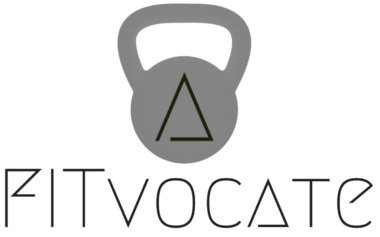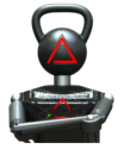
Heavy lifting and injury unfortunately are almost synonymous. Whether it’s a matter of ego lifting, or poor coaching, one way or another heavy lifting will lead to an injury. This mentality has caused many gym goers to avoid lifting heavy entirely. How unfortunate! Lifting heavy weight is one of the most beneficial practices you can do when going to the gym.
Why Lift Heavy?
Lifting heavy weights for fat loss? Consider this, assuming your diet is good; to lose weight your calories in must be less than your calories out. When you lift heavy weights, you’re actually requiring more effort from your body by way of muscle recruitment, and the more muscles you use the more microscopic tears you cause in your muscles (root cause for muscle size development). These microscopic tears need to be repaired which requires more effort from your body to perform that. All of this effort is performed by way of using calories. (Calories used = Energy to perform) So, by exercising (at all) you’re burning calories, and by lifting heavy you’re burning MORE calories for the same gym session as someone who isn’t lifting heavy and you get the added benefit of burning even more calories for the few days after as your body begins to repair those microscopic tears.
Lifting heavy also affects your hormones. As you increase the weight you move you also increase the levels of testosterone and growth hormone. As long as the weight you use progressively increases your body will be in a state of trying to adapt to this work load and therefore respond by increased muscle development (something that testosterone and growth hormone are responsible for!) With that, we’ll discuss the most important aspect.
How To Safely Lift Heavy
Getting to a heavy weight means extreme levels of Consistency and Discipline.
Consider how elite power lifters move huge weights, it’s with years and years of practice and by building a very strong foundation. When you are lifting very heavy weight your form NEEDS to be almost perfect; if it is at all off, your weaknesses will definitely show. Be sure that for whatever exercise you’re doing (Bench, Squat, Deadlift, etc.) that you only go up in weight if you can properly perform 8 quality reps for that movement…no quarter squats or cat-back dead lifts. Pay very close attention to your form; these reps need to be near flawless. When you’re confident that you’ve completed at least 8 controlled reps, then you can go up in weight. You can’t cheat rep 800 lbs.
With this new found understanding, we hope you go out and always strive to lift the heaviest weight you can; and we are confident that you know what “the heaviest weight you can” now means. Happy lifting!
You can’t cheat rep 800 lbs.
- Muscle Size
- Recovery
- Strength Development
- Tips

